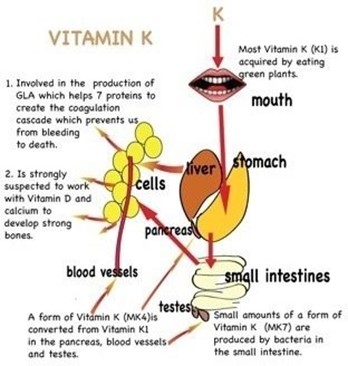What should a nurse advise the parents of a child with type 1 diabetes mellitus who is not eating as a result of a minor illness?
Give the child half his regular morning dose of insulin
Substitute simple carbohydrates or calorie-containing liquids for solid foods
Give the child plenty of unsweetened, clear liquids to prevent dehydration
Take the child directly to the emergency department
The Correct Answer is B
The child should receive his regular dose of insulin even if he does not have an appetite. If the child is not eating as usual, he needs calories to prevent hypoglycemia. During periods of minor illness, the child with type 1 diabetes mellitus can be managed safely at home.
Choice A is wrong because giving the child half his regular morning dose of insulin can lead to hyperglycemia and ketoacidosis.
Choice C is wrong because giving the child plenty of unsweetened, clear liquids to prevent dehydration can also cause hypoglycemia.
Choice D is wrong because taking the child directly to the emergency department is not necessary unless the child has signs of severe dehydration, vomiting, abdominal
Nursing Test Bank
Naxlex Comprehensive Predictor Exams
Related Questions
Correct Answer is C
Explanation
Bacteria that synthesize vitamin K is not present in the newborn’s intestinal tract. Vitamin K is essential for blood clotting, and newborns are at risk of bleeding problems due to their lack of vitamin K. Therefore, vitamin K is given by injection to prevent hemorrhagic disease in the newborn.

Choice A is wrong because most mothers do not have a diet deficient in vitamin K, and vitamin K deficiency in newborns is not related to the maternal diet.
Choice B is wrong because vitamin K does not prevent the synthesis of prothrombin in the liver, but rather enhances it. Prothrombin is a clotting factor that requires vitamin K for its production.
Choice D is wrong because the supply of vitamin K is not inadequate for at least 3 to 4 months, but rather for a few days until the newborn’s intestinal bacteria start producing it.
Correct Answer is B
Explanation
The child should receive his regular dose of insulin even if he does not have an appetite. If the child is not eating as usual, he needs calories to prevent hypoglycemia. During periods of minor illness, the child with type 1 diabetes mellitus can be managed safely at home.
Choice A is wrong because giving the child half his regular morning dose of insulin can lead to hyperglycemia and ketoacidosis.
Choice C is wrong because giving the child plenty of unsweetened, clear liquids to prevent dehydration can also cause hypoglycemia.
Choice D is wrong because taking the child directly to the emergency department is not necessary unless the child has signs of severe dehydration, vomiting, abdominal
Whether you are a student looking to ace your exams or a practicing nurse seeking to enhance your expertise , our nursing education contents will empower you with the confidence and competence to make a difference in the lives of patients and become a respected leader in the healthcare field.
Visit Naxlex, invest in your future and unlock endless possibilities with our unparalleled nursing education contents today
Report Wrong Answer on the Current Question
Do you disagree with the answer? If yes, what is your expected answer? Explain.
Kindly be descriptive with the issue you are facing.
